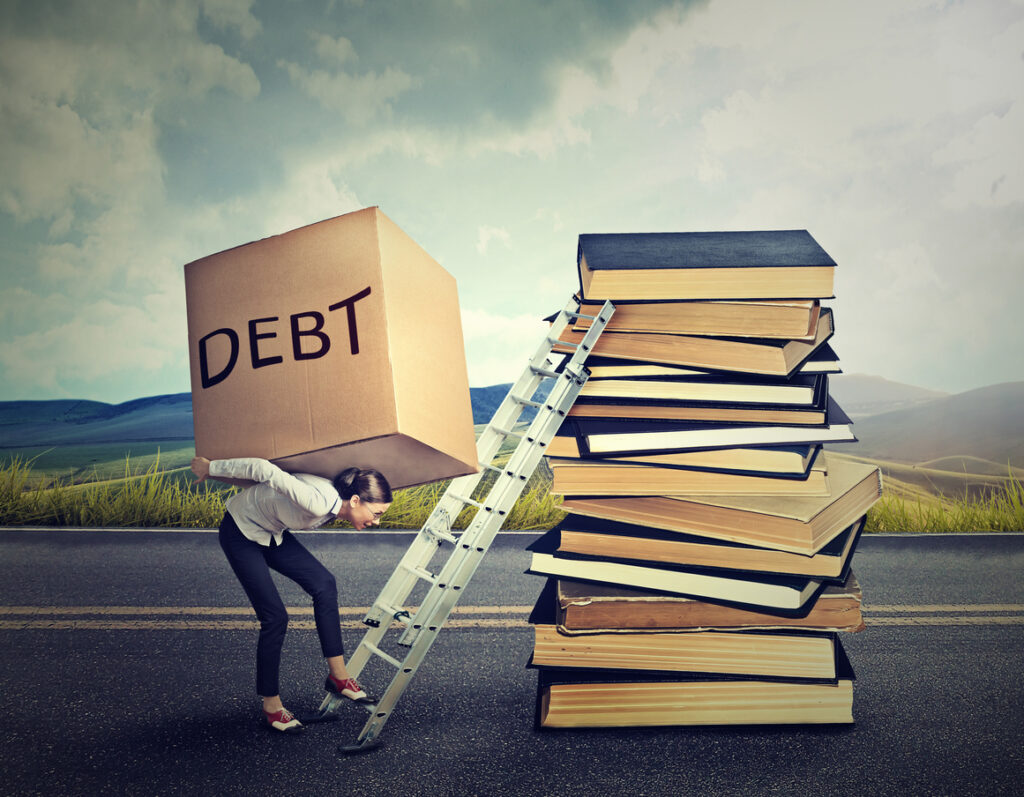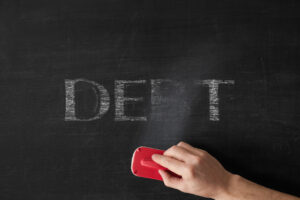
How is Debt Handled When You Are Going Through Divorce?

When you file for divorce, there may be many things you are thinking about: your children and custody matters, property, and assets. It is not very often that people think about their debts – however, it is important to understand your economic position in full before you leap into the meat and bones of divorce. In the face of divorce, the court will help you gain a better understanding of your debts and how they should be handled. For instance, the court will indicate who is responsible for paying certain bills based on who receives more property, who actually owes the debt, and more.
What it Means to “Allocate Responsibility”
If you have been assigned certain debts through the court, you may wonder how to deal with them. Luckily, you have options. You can either agree to pay them off right away, agree to be responsible for them and pay them off with assets, or agree with your spouse to be equally responsible for them. In many cases, a spouse will choose to pay them off right away because it’s the cleanest and easiest option. It is also the best way to start fresh.
What Happens When a Spouse Doesn’t Pay
Sometimes, you may find that your spouse can’t pay or refuses to pay in the midst of debt settlements. If this happens, the creditors will come after the responsible spouse even if you and your spouse were, at one point, both responsible for the debts. If your spouse still refuses to pay and you run out of options, the best thing that you can do is petition the court to enforce the divorce agreement. The court will question why the spouse is not following your agreement and they may even be penalized with fines or jail time in the most severe cases.
Not having debt is the best way to end a divorce in the cleanest manner. However, this does not always happen. In these cases, you may need an attorney on your side to help you lay out the details and come to a conclusion that works for you and your spouse. Call us today to find out how we can help.
